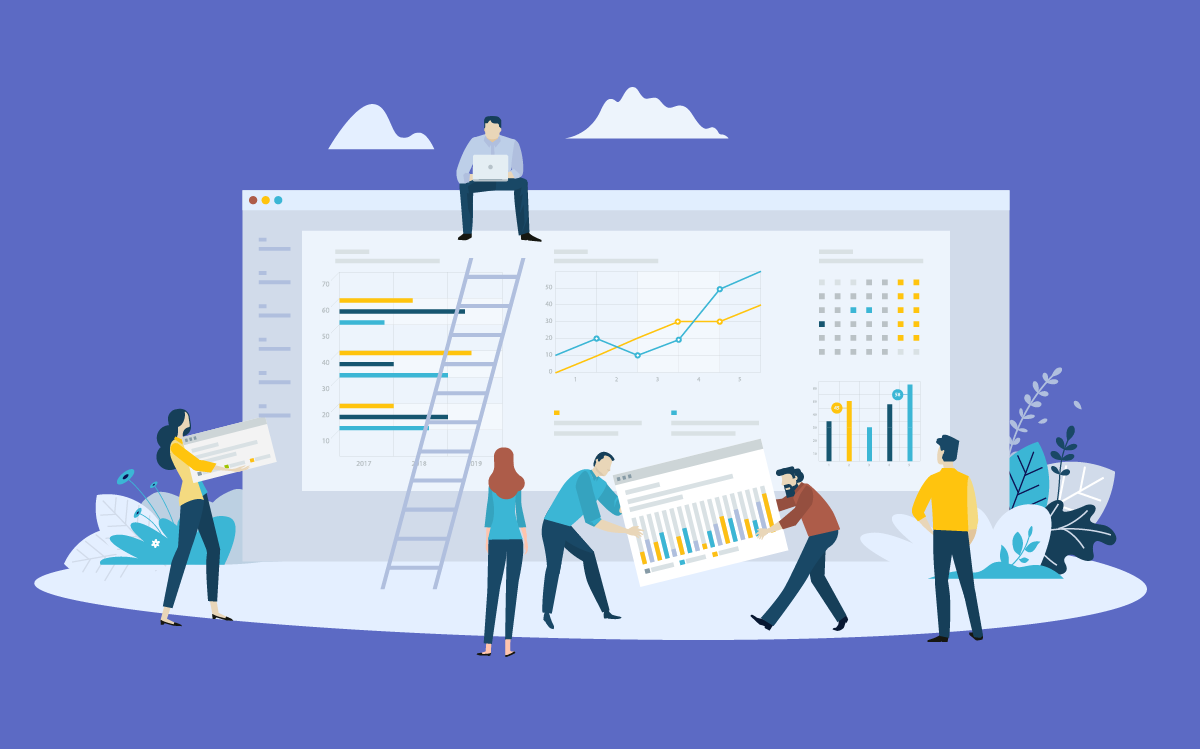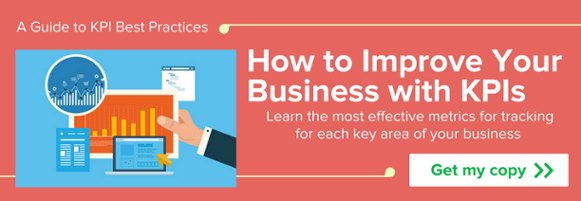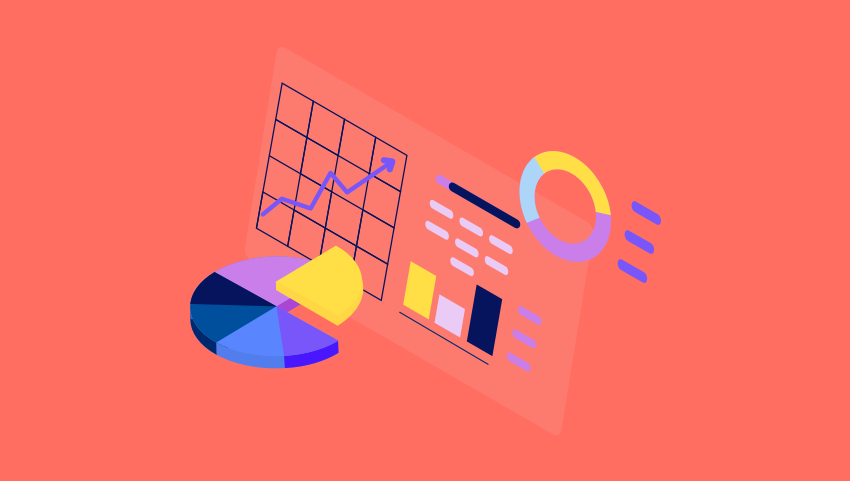What Kinds of Business Management Software Do You Need?

Modern enterprises need modern solutions to their business process workflow challenges—at least if they want to remain competitive. Business management software represents a major opportunity for enterprises to smooth out their process workflows.
However, what is business management software, really? There are many kinds of business software programs out there for managing different types of processes, such as:
- Sales
- Finance
- Human Resources (HR)
- Service
- Supply Chain
These broad categories of business processes can be broken down into hundreds of different specific items, and some functions can even have a bit of overlap. This, in turn, means that the list of business management software that a company can use is virtually endless.
So, which types of business management software should your organization use? Here are a few examples that you can start with, though this is not a comprehensive list by any stretch of the imagination.
1: Business Invoicing Programs
Being able to effectively manage billing/collections is a necessity for any business. After all, if your business doesn’t get paid, the budget for funding projects, payroll, and maintenance is going to run dry fairly quickly.
Business invoicing programs help companies with this basic financial task. While the specific capabilities of these bookkeeping solutions will vary from one vendor to the next, some common ones include:
- The ability to create new invoices—sometimes even automating the billing process.
- Online payment portals that can accept credit cards or other online payment platforms such as PayPal.
- Customer recordkeeping to help verify what amount of money is owed on each account.
- Tax data collection to automate filing processes for the business so customer payments are accurately reported.
These are just a few of the potential features a business invoicing program might have. The big benefit of this software is that it helps to minimize late or missed payments while increasing the accuracy of financial records and projections.
2: Asset Management Software
Managing the supply chain is an enormous task—one that only gets more difficult as the organization grows. Asset management software programs help to track and manage inventory, automate ordering processes, and provide critical insights into spending patterns.
Of these capabilities, tracking spending patterns and invoices can be surprisingly important. Largely because it:
- Makes it easier to identify wasteful spending; and
- Helps to spot anomalous orders and invoices that indicate fraud.
With asset management software, businesses can ensure that their supply chains operate efficiently by minimizing waste while avoiding shortages of critical resources.
3: Project and Task Management Software
Keeping employees on task and helping them prioritize their efforts is crucial for ensuring efficiency and productivity. Project and task management software solutions, like Basecamp, JIRA, or Teamwork help companies do just that.
The capabilities of these project and task management software programs do vary, but some of the basics include:
- Tracking total time spent on specific tasks;
- Logging which tasks are waiting to be worked on, in progress, or have been completed for a specific work period; and
- Displaying project details or requirements for an assignment to be considered complete.
Project-oriented teams in an organization frequently use these features to review progress and identify issues on a daily or weekly basis. For example, if the time estimates for a given project aren’t matching actual time worked, that could be an indication that the project was under-scoped and needs to be adjusted.
Data from these project and task management software solutions could potentially be fed into a key performance indicator (KPI) tracking dashboard for use during employee evaluations, as well. This would help you track employee performance and improve your human resources management. Speaking of which…
4: Human Resources Management Solutions
HR is at the core of many modern organizations. Being able to effectively manage, train, and reward employees can mean the difference between having a strong, highly-engaged workforce and struggling with disengagement and poor-quality work.
Human resources management solutions come all kinds of flavors, depending on the HR workflows you want to improve. Examples of HR solutions include:
- Employee training platforms;
- Benefits tracking solutions; and
- Employee assessment solutions.
The specific benefits of human resources software can vary from one solution to the next depending on their features. However, common advantages of using HR solutions effectively include improving employee retention, productivity, and engagement throughout your organization.
One type of business software that can be used for your HR processes—specifically to help track and improve employee performance—is KPI tracking software. Platforms such as BrightGauge make it easy to visualize and study your employee performance metrics so you can help your people realize their full potential.
With employee data dashboards, you can easily identify opportunities for improvement and recognize/reward top performers in your organization. Want to get started on maximizing the potential of your people? Reach out to BrightGauge today!
Free MSA Template
Whether you’re planning your first managed services agreement, or you’re ready to overhaul your existing version, we've got you covered!



